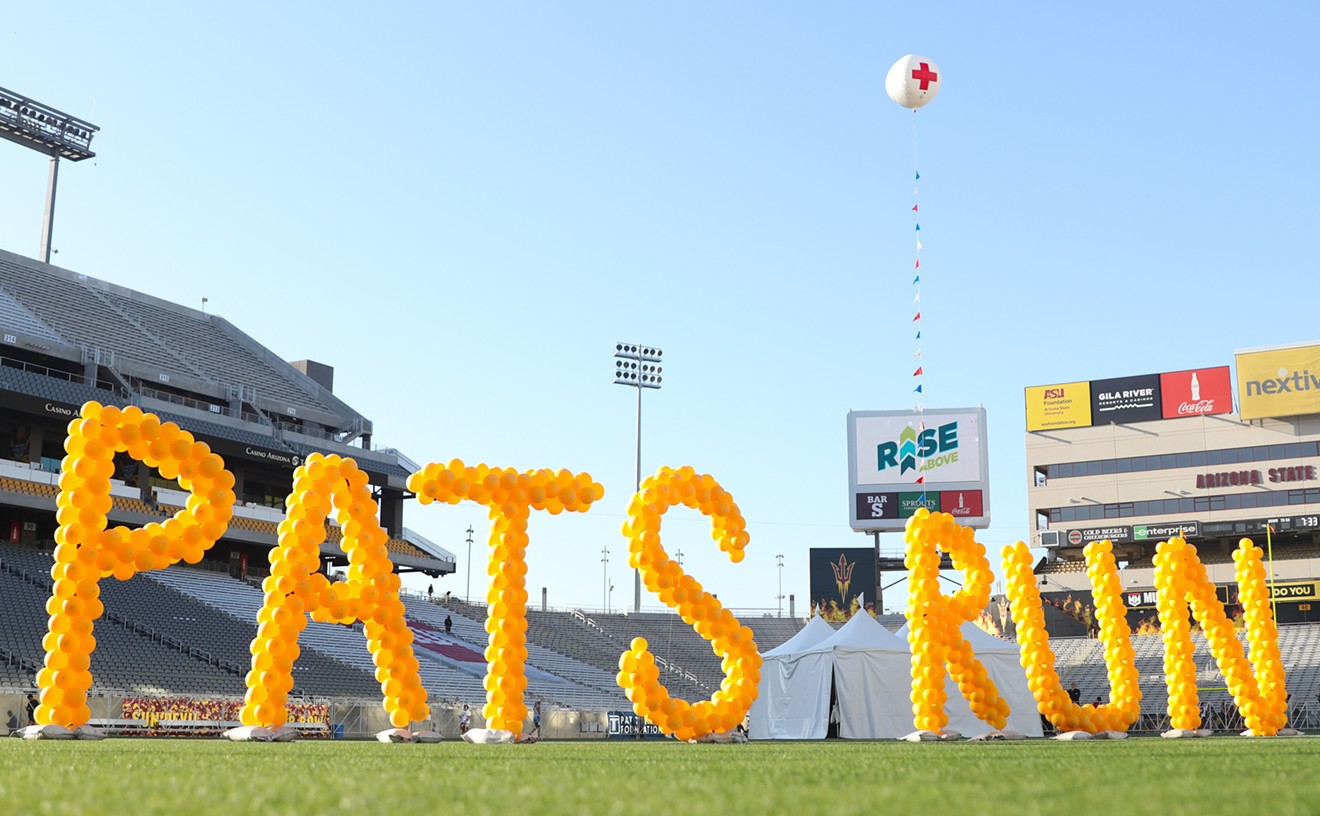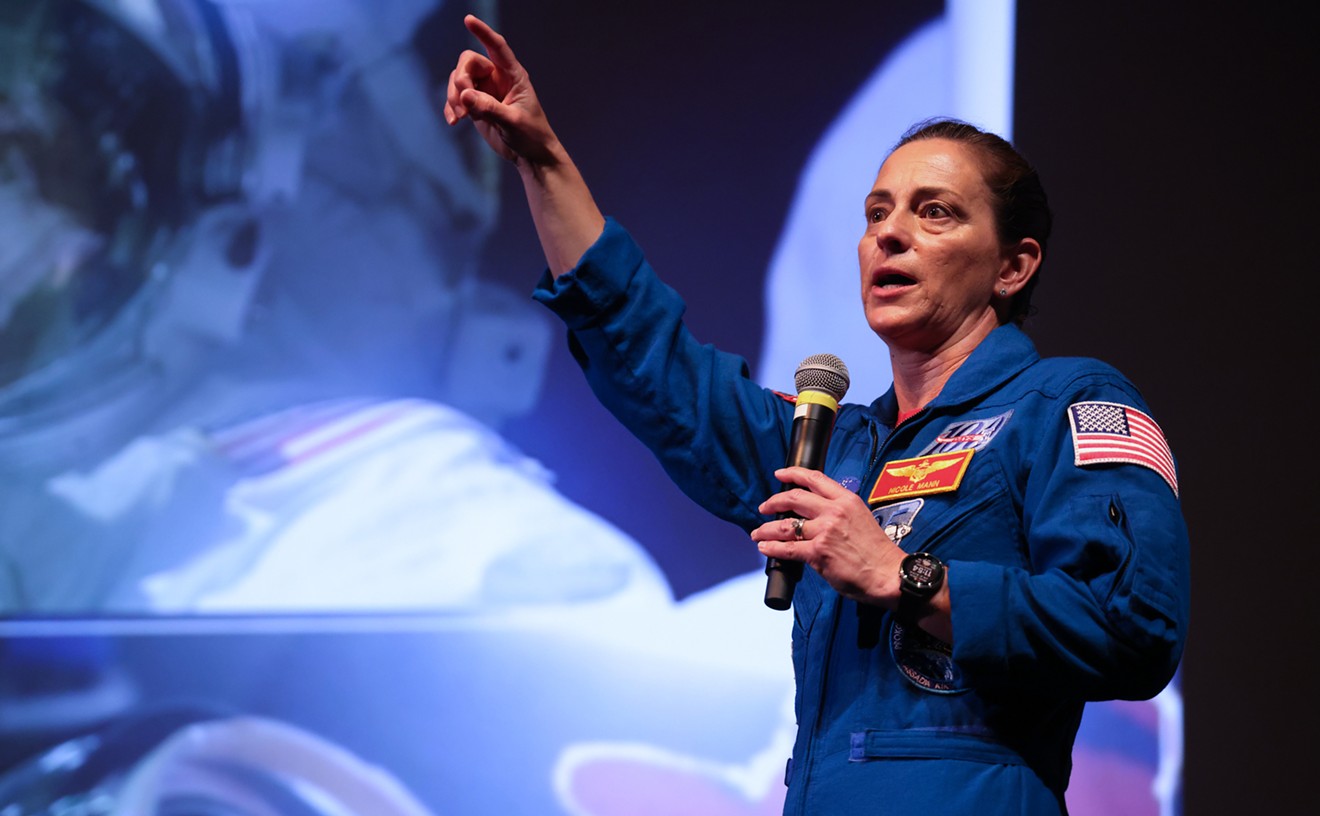Albee was working as a telegram delivery boy when he wrote The Zoo Story, first produced in Germany in 1959. The play incorporates many of the trademark qualities of Albee's work: abrasive dialogue, wild confrontation and themes of alienation, death and the tragedy of existence. The story is simple enough: Peter, a dull, middle-aged man, is reading on a bench in Central Park when he's approached by Jerry, a beatnik who assaults him with annoying personal questions. Jerry's desperate to make intimate contact with someone, but Peter resists until Jerry forces him to respond and then pushes him to violence.
Today, The Zoo Story stands as a marker of how our perception of social alienation has changed in the past 30-odd years. When Albee wrote his play (and while Truman Capote was writing In Cold Blood, about the brutal murder of a rural Kansas family), random acts of violence were uncommon and more likely to make headlines. Albee's characters are so desperate for intimate communication that they reach out to lone strangers in public places because they have nowhere else to go. Today, drive-by shootings are the stuff of children's video games, and we spill our guts out to countless strangers in anonymous online chat rooms.
We'd log off before we'd talk to Albee's Peter, a boring blowhard who lives a well-ordered, corporate life on the east side of Manhattan and spends much of the play listening passively to Jerry, a west-side transient. Because he's a sketchily drawn character who's all but paralyzed on his park bench, Peter's a tough assignment for any actor. He's mostly a foil to Jerry's frantic movements and dialogue, but Thomas Blackwood plays him for all he's worth, making every fey gesture and cringing wince count. Blackwood portrays Peter humorously without relying on traditional techniques of comedy--for much of the hour that he's onstage, his performance is confined to facial expressions and a couple of stuttering attempts to interrupt Jerry's tirade. If played unimaginatively, Peter comes across as a fop, and the story--which hinges on our connecting with him--falls apart.
Mike Prindiville also scores in the flashier role of Jerry. I've challenged Prindiville's work in the past, but here he's focused and frightening as the obnoxious drifter who's determined to connect with another living thing. At first, Prindiville appears to be overacting, even forgetting his lines as he stumbles from one disjointed sentence to the next--until we realize that Jerry is insane and that Prindiville is playing him as a lucid madman who can't find words to express his outrage.
The high point of his performance is his recitation of a monologue, "The Story of Jerry and the Dog," in which he describes his attempts at connecting with a boarding-house pet that tries to bite him whenever he approaches. Although I knew what Prindiville was building to, I was still unnerved by the intensity of his reading and the brutality of its denouement.
Director Tim Hart, a former soap-opera actor, has chosen wisely to emphasize the psychological aspects of Albee's story. A tale about our desire to connect with one another is timeless, but the author's philosophical attitude--that we must "arouse our human souls at any cost"--seems dated and more than a little pretentious. Still, this is vintage Albee, written when he was still the angry young playwright creating bold social-protest drama. The Zoo Story holds up against Albee's current work and still surpasses most contemporary drama; moreover, it's great theater and a souvenir from the start of a shining career.
The Ensemble Theatre's production of The Zoo Story continues through Sunday, November 23, in the Cinema Theatre at Scottsdale Center for the Arts, 7380 East Second Street.










